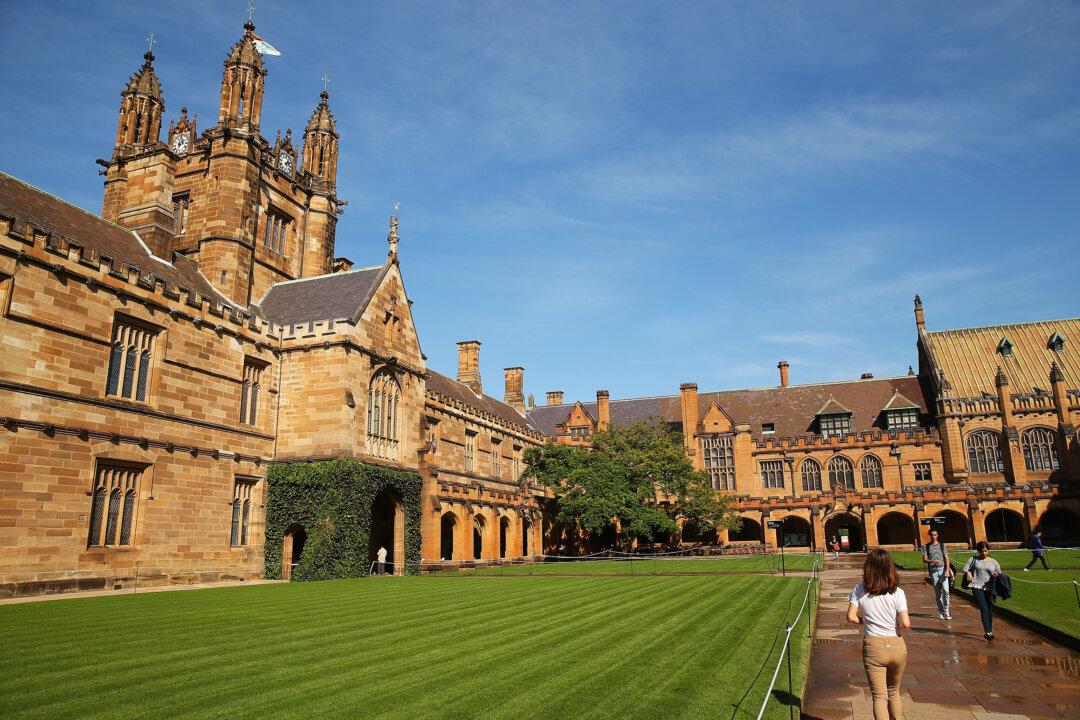Commentary
Australian universities have reportedly been slow to implement the “Model Code for the Protection of Freedom of Speech and Academic Freedom in Australian Higher Education Providers.”

Australian universities have reportedly been slow to implement the “Model Code for the Protection of Freedom of Speech and Academic Freedom in Australian Higher Education Providers.”